What’s the Difference Between Whiteheads and Blackheads? We Break It Down



IPSY Editors


The trouble with acne is that no two people's breakouts are exactly the same. Some suffer from whiteheads, others from blackheads, and others from cystic acne. Sometimes acne isn't technically acne at all but rather something called folliculitis (an infected hair follicle). All these different types of acne can make treatment both confusing and frustrating to figure out. A good place to get started is to understand the two most common forms of acne: whiteheads and blackheads. Put simply, both are clogged pores blocked with oil (sebum) and/or dead skin cells. However, while these two blemishes belong to the same category, they look different on the skin. Whiteheads appear as small white dots whereas blackheads look like tiny dark spots.
When we asked dermatologist Jeremy Fenton, MD, of NYC's Schweiger Dermatology Group, why some people are prone to one type of breakout versus the other, he explained that this is actually still one of dermatology's biggest mysteries. "There are many components that could play a role here: how much oil is being produced, what kind of makeup or products are being used on the skin, etc. In the end, it is probably more a genetic factor than anything environmental," he says. Below, we dive deeper into what blackheads and whiteheads are and the primary difference between the two—plus, some helpful prevention and treatment tips. Read on to start your journey to healthy, clearer skin.
It's about glam time you treated yourself.
Join IPSY

MEET THE EXPERT
Jeremy Fenton, MD, is a board certified dermatologist practicing both cosmetic and general dermatology. He serves as the Medical Director for Schweiger Dermatology Group and is a Clinical Instructor at Mt. Sinai Hospital.
So what are blackheads?
"Blackheads are caused by the pores getting clogged up by oils, dirt, and dead skin cells which then come into contact with oxygen," says Dr. Fenton. Once the clogged pore is exposed to air, it oxidizes, which turns the excess oil and dead skin mixture a dark, black color. Technically speaking, blackheads are often referred to as open comedones because the pore is open and exposed to the environment.
How to prevent blackheads:
The best way to get rid of blackheads is really to create a skincare routine that helps prevent them from forming in the first place. "The basic treatment for the prevention of blackheads and whiteheads is similar," Dr. Fenton explains. In both cases, "you need to reduce the oil production and keep the top layer of skin appropriately exfoliated to prevent blockage of the pores." He says there are a few key ways to go about this:
Chemical Exfoliation: While this may sound scary, "chemically exfoliating" the skin simply means using ingredients (like AHAs and BHAs) that gently and effectively slough off any dead skin cells on your complexion. Proper exfoliation will help to remove future blockage and loosen pore-clogging debris. "A salicylic acid or glycolic acid cleanser is an easy thing to start with and should be used regularly to prevent further buildup," says Dr. Fenton. "Salicylic acid can also be found as a topical cream in varying percentage strengths at the drugstore. These can be used as leave-on treatments."
Physical Exfoliation: You can also wipe away dead skin cells with an exfoliating scrub or tools like facial brushes. "Just be sure to not overdo it," says Dr. Fenton,"because it could flare up acne." He adds, "If you have inflamed acne, mechanical exfoliation is not a good option.”
Chemical Peels: Dr. Fenton adds that "Chemical peels either by a dermatologist or an at-home peel system, on a regular basis will also help maintain a clean complexion."
Retinol: This buzzy skincare ingredient is often a game changer for acne-prone skin types. Dr. Fenton explains that over-the-counter retinols or prescription-strength retinoids (such as Retin-A) work by "normalizing the flow of skin cells and exfoliating the top layer to help free up blackheads." He adds: "They have the added benefit of reducing the appearance of enlarged pores and fine lines."
How to treat blackheads:
Alright, so you're using non-comedogenic skincare cleansers and lotions and you're properly exfoliating and you still get blackheads. Here's how to actively treat blackheads to clear them up ASAP: Dr. Fenton explains that the process of removing a blackhead is different from a whitehead "because blackheads are open and whiteheads are not." When dealing with this type of acne he says, "If you can’t wait for the exfoliation process to work, you can use over-the-counter pore cleansing strips or visit an aesthetician for extractions to clear out what you already have." You can also try using blackhead face masks which are often formulated with acne-fighting and inflammation-taming ingredients like activated charcoal and benzoyl peroxide. Some also come with a peel-off functionality, similar to pore strips.
What are whiteheads exactly?
"Whiteheads are similar to blackheads in that they are also clogged up pores," says Dr. Fenton. "The primary difference is that the whiteheads have a layer of skin over the top, so there is no escape for the inflammatory components. Everything can build up under the skin." He says this is what gives this form of acne its trademark white-yellow color. Whiteheads are technically referred to as closed comedones because the follicle is completely blocked or covered. Because the inflammation is trapped under the skin, Dr. Fenton says this puts this form of acne at risk for getting redder, more inflamed, and larger.
How to prevent whiteheads:
All of the prevention methods listed above for blackheads will also help to prevent whiteheads. However, Dr. Fenton adds that if your acne breakouts have a tendency to get really inflamed, it may also be worth consulting a dermatologist about oral medications. He says, "Oral medications such as antibiotics can help to bring down inflammation and reduce bacterial load in the skin. "If you're looking to keep things topical for now, regularly using an anti-inflammatory face mask can also help to keep inflammation and redness under control.
How to treat whiteheads:
When you're looking to get rid of a whitehead ASAP, the process is going to be different from the blackhead removal methods mentioned above. "For whiteheads, it is necessary to remove the closed skin over the lesion," says Dr. Fenton. "The best method is to lance the top layer of skin first in order to open it up. This is best left to a professional." Often, trying to pop a pimple at home can do more harm than good because an improper technique can damage the outer layer of skin and cause scabbing (which will actually last longer than most breakouts), and scabbing may in turn lead to scarring. "If a person wants to do it at home, there are some techniques that can minimize making things worse," says Dr. Fenton.
If you really must pop your whitehead at home, first cleanse the area, making sure it's entirely free of your makeup from the day and any dirt or debris. Then, gently exfoliate the area to see if that might remove the skin clogging the pore. If it doesn't, you'll then want to apply a warm compress to the pimple to soften the follicle. Next, create "finger mitts" around your index fingers by covering them tips with two tissues. This will shield your skin from any bacteria on your fingers and protect skin from being damaged by your nails. With both fingers on each side of the blemish, gently stretch the skin around the pimple, then very, very gently, squeeze the fingers together.
If it's not extremely easy to get the pimple to pop, leave it alone. We repeat: Leave. It. Alone. Repeatedly trying to pop a pimple causes more inflammation and damage to the area. If the pimple does pop easily, clean off the area and then apply a topical acne treatment like benzoyl peroxide or salicylic acid which will seep into the pore to further break down any remaining dead skin cells and bacteria.
Did these blackhead and whiteheads tips help you? Let us know @IPSY
Want in on all the IPSY Glam Bag fun? Take our Beauty Quiz now to get started. Already an Ipster? Refer your friends to earn points, which you can use toward products. Either way, don’t forget to check us out on Instagram and Twitter @IPSY.
Liked this post? Share!
Related Stories

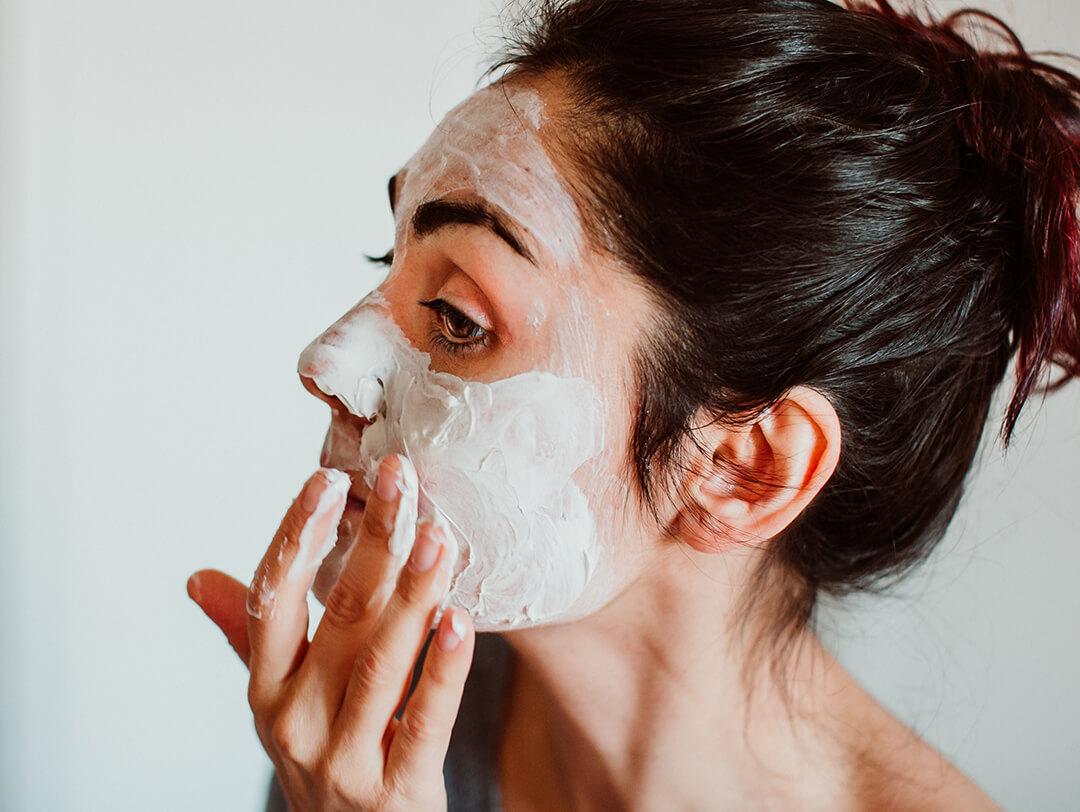
Skin
22 Amazing Vegan Skincare Brands You Have To Try
Published on Nov 2, 2021


Skin
Who Needs a Pro Spa Day? These Tips Will Help You Create the Ultimate DIY Home Spa
Published on Sep 17, 2021
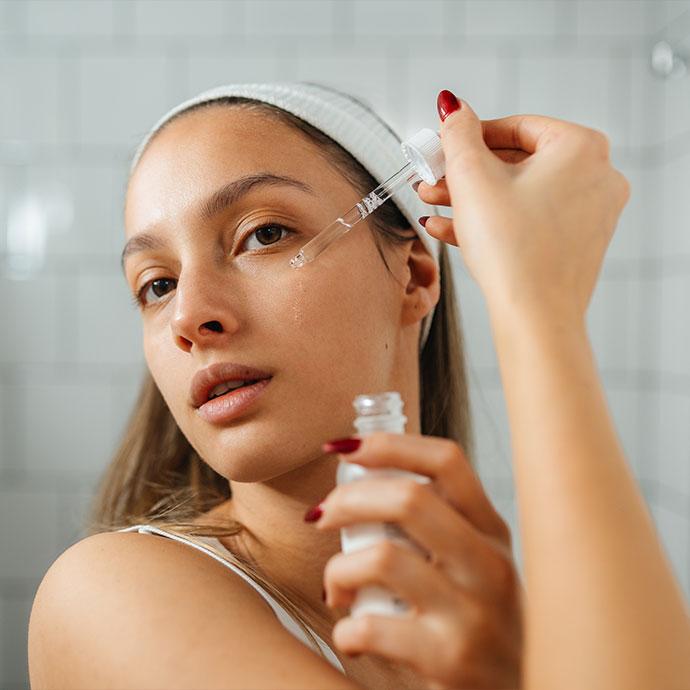
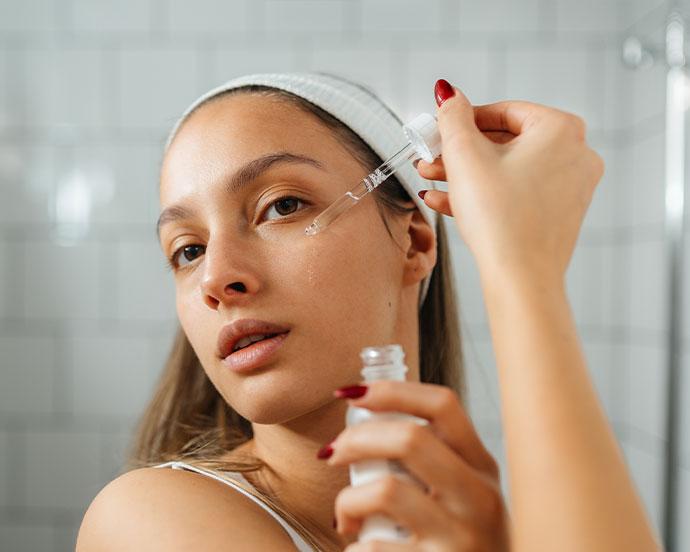
Skin
Rebound Hydration Is the Skin Reset Your Barrier’s Been Asking For
Published on Jan 28, 2026 • 3 min read
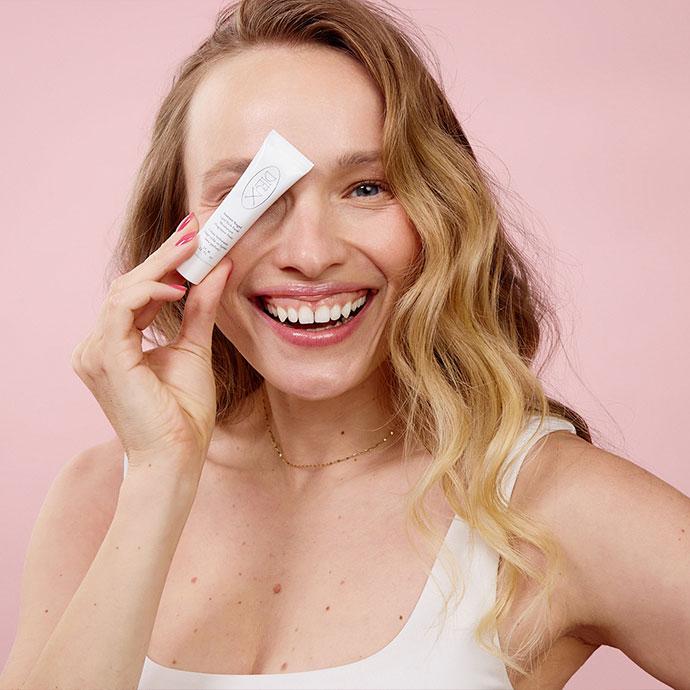
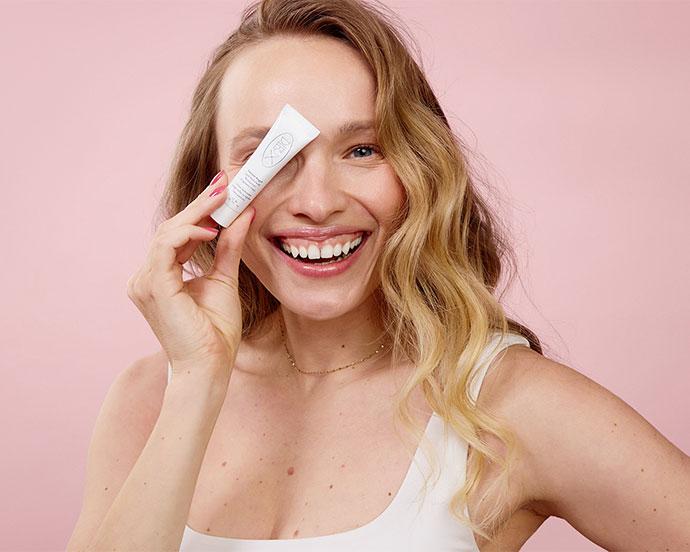
Skin
The No-BS Skincare Movement Starts With DIEUX SKIN
Published on Jan 27, 2026 • 4 min read
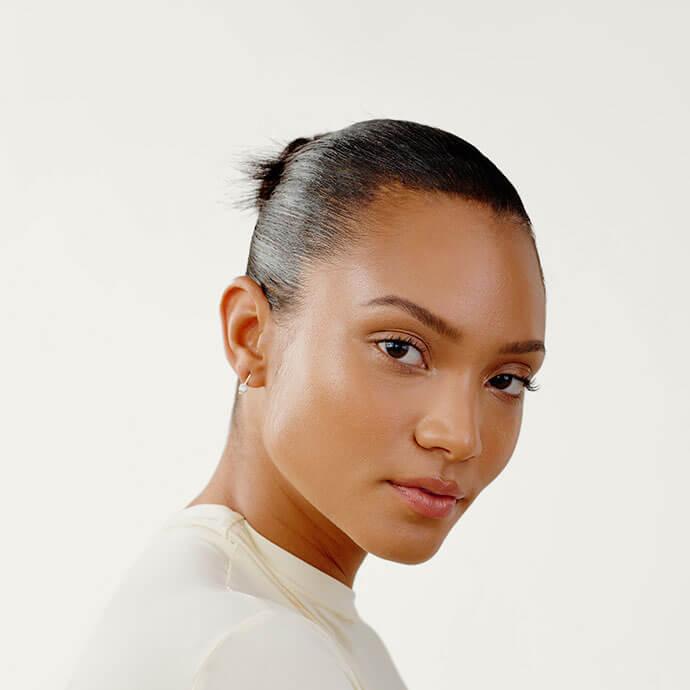
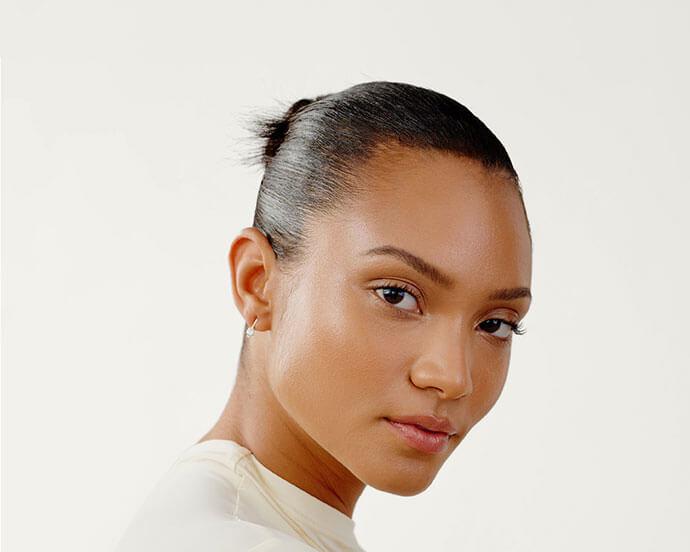
Skin
Skinimalism Is the Ultimate Stripped-Back Skincare Trend
Published on Jan 22, 2026 • 6 min read


Skin
Spring Is Coming—Is Your Skincare Ready?
Published on Jan 15, 2026 • 4 min read
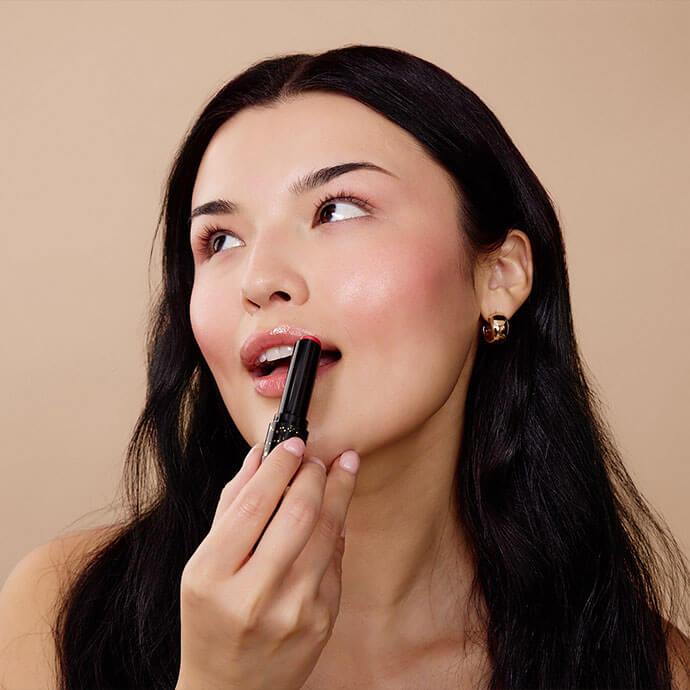
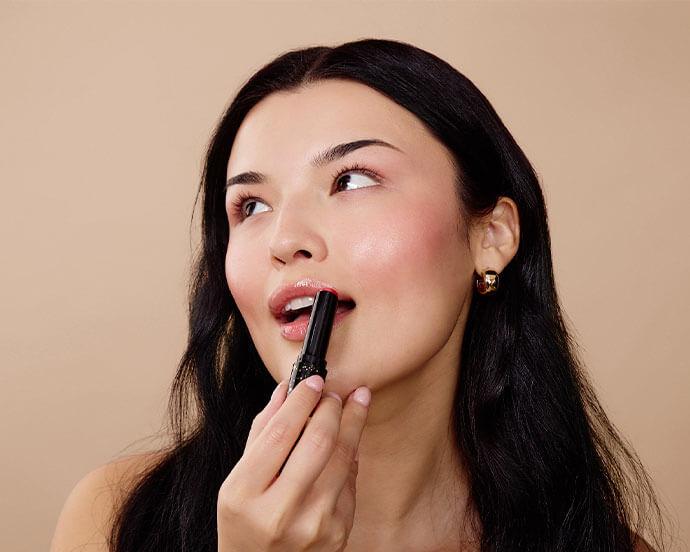
Skin
The Hydration Sandwich Trend Will Save Your Dry Lips This Winter
Published on Jan 13, 2026 • 4 min read


Skin
What Is the Skin Barrier & Why Is Everyone Talking About It?
Published on Jan 12, 2026 • 6 min read


Beauty Picked Just for You
Get 5 products worth up to $70
Plus exclusive access to epic deals up to 80% off
Starting at just $14/month. Cancel anytime.